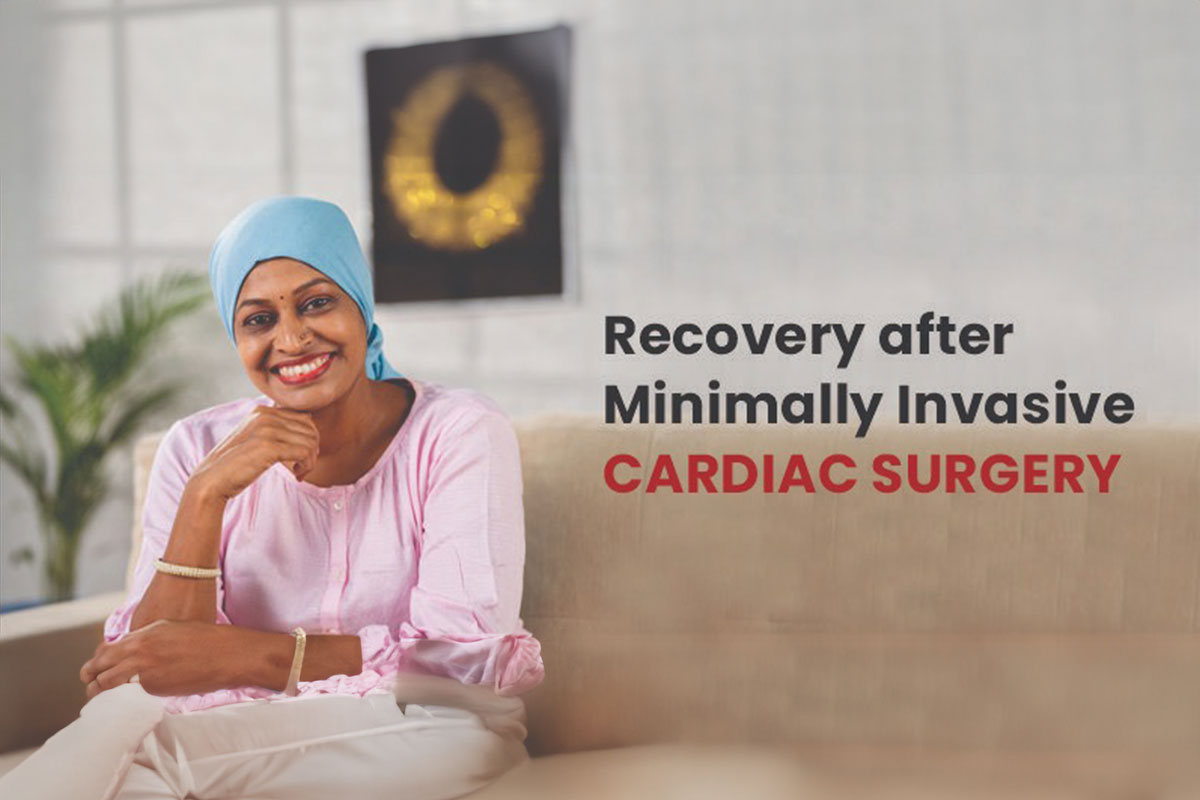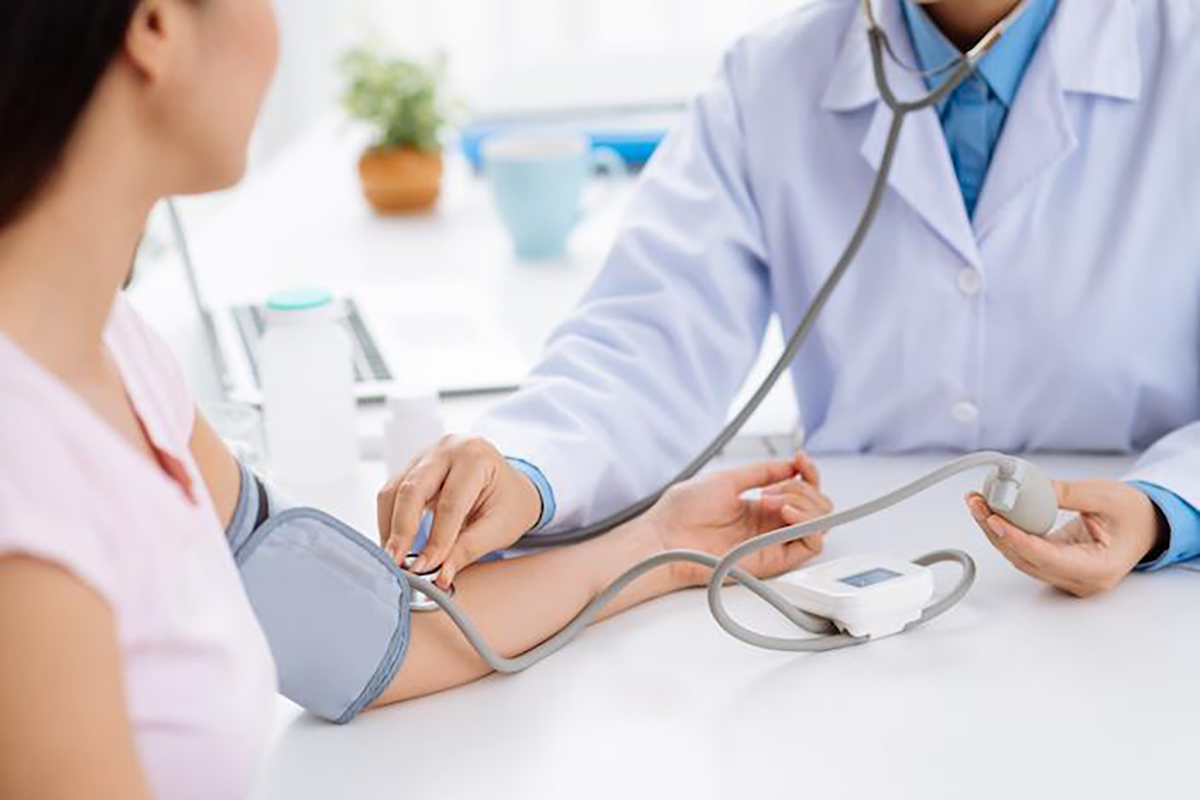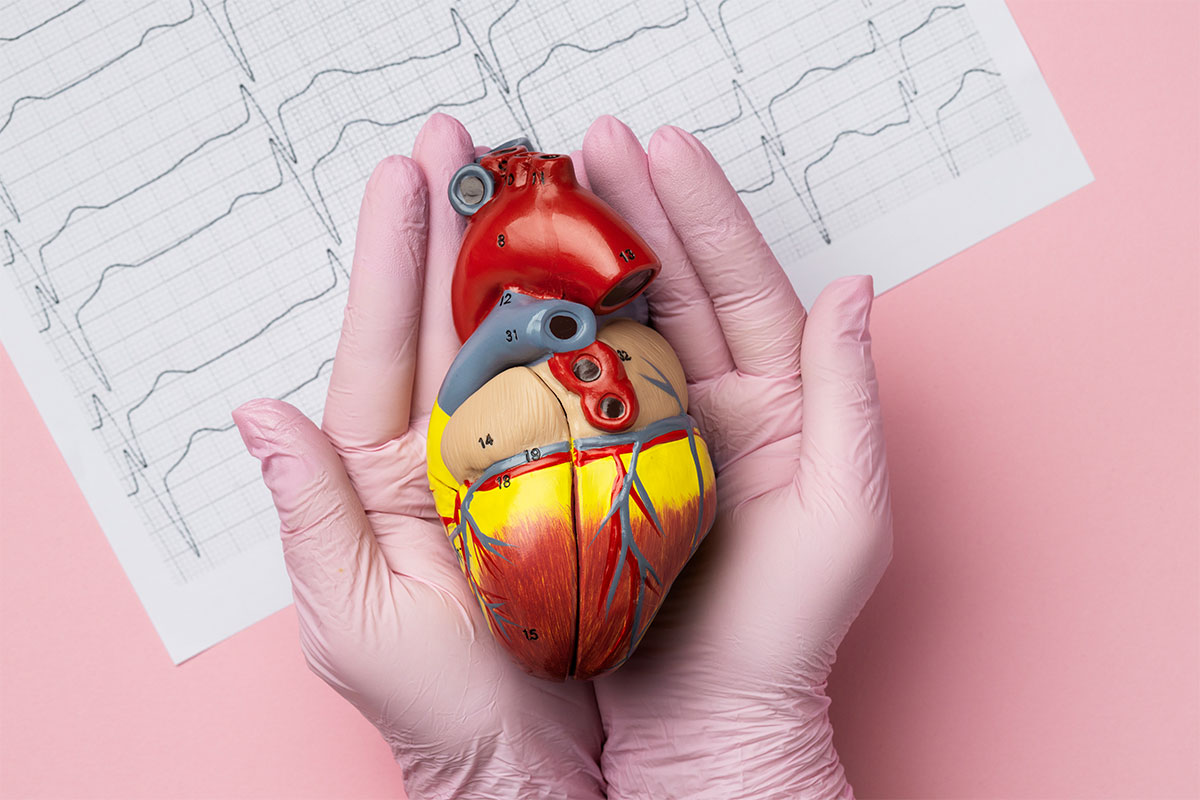
Recovery after Minimal Invasive Cardiac Surgery
By Dr. Jeewan Pillai in Cardiology Cardiac Surgery
Jan 3, 2024
Recovery after Minimal Invasive Cardiac Surgery
Minimal invasive cardiac surgery (MICS) has transformed the treatment of various heart conditions, offering shorter hospital stays and quicker recovery compared to traditional open-heart surgery. Despite these advantages, successful recovery from MICS demands patience, support, and diligent self-care. This article offers guidance on what patients can anticipate during the recovery process and provides tips for enhancing recuperation.
Expectations During Recovery
Recovery after MICS is generally swifter than after traditional open-heart surgery. Patients often leave the hospital within a few days, depending on the procedure’s complexity and their recovery pace. Yet, it’s typical to encounter challenges such as chest discomfort, fatigue, and incision soreness, which can hinder the return to normal activities.
Post-surgery Care Tips
While recovery times vary from person to person, certain self-care practices can help speed the recovery process. Here are some tips for a smoother recuperation after MICS:
Follow the post-surgery instructions provided by your healthcare provider:
Your healthcare provider will give detailed guidelines for post-surgery care. It’s crucial to follow these instructions meticulously.. They usually include advice on wound care, medications after surgery, physical activity, dietary recommendations, and scheduling follow-up appointments.
Take care of your wound: Patients will have incision wounds, which require proper care to facilitate healing and prevent infections. Keeping the wound clean, dry, and covered is essential to reduce infection risks. Patients should refrain from scratching or picking at the incision site to promote healing.
Rest adequately: Adequate rest is crucial during the recovery phase. While it may be initially challenging to find comfort, it’s essential to prioritize sleeping in a comfortable position. Sleeping on your back, with a few pillows to prop up your head, can help minimize discomfort. Patients should consult their healthcare provider for any recommended changes to their sleeping position.
Gradually resume physical activity: Patients should avoid strenuous physical activity, including heavy lifting and bending, for several weeks after surgery. A gradual increase in physical activity is recommended. Walking regularly is a great way to get moving without over-exerting yourself.
Eat a healthy diet: Nutrition plays a crucial role in post-surgery recovery. Eating a healthy and balanced diet, including plenty of fruits, vegetables, and lean proteins, can help speed up the healing process. Patients should avoid foods that may cause constipation, as straining during bowel movements can put too much pressure on the incisions.
Seek emotional support: Surgery and recovery can be stressful, both physically and emotionally. It is essential to reach out to friends, family, or a support group for emotional support. Talking to a therapist or counselor can help manage anxiety or depression.
By following these strategies and working closely with your healthcare team, you can navigate the recovery process successfully and enjoy a smooth transition back to your normal routine.
For more information or to schedule a consultation with Dr. Jeewan Pillai, Chief Cardiothoracic and Vascular Surgeon at Metro Hospital, Noida — a top-class cardiac surgeon in Uttar Pradesh — please feel free to contact us.







